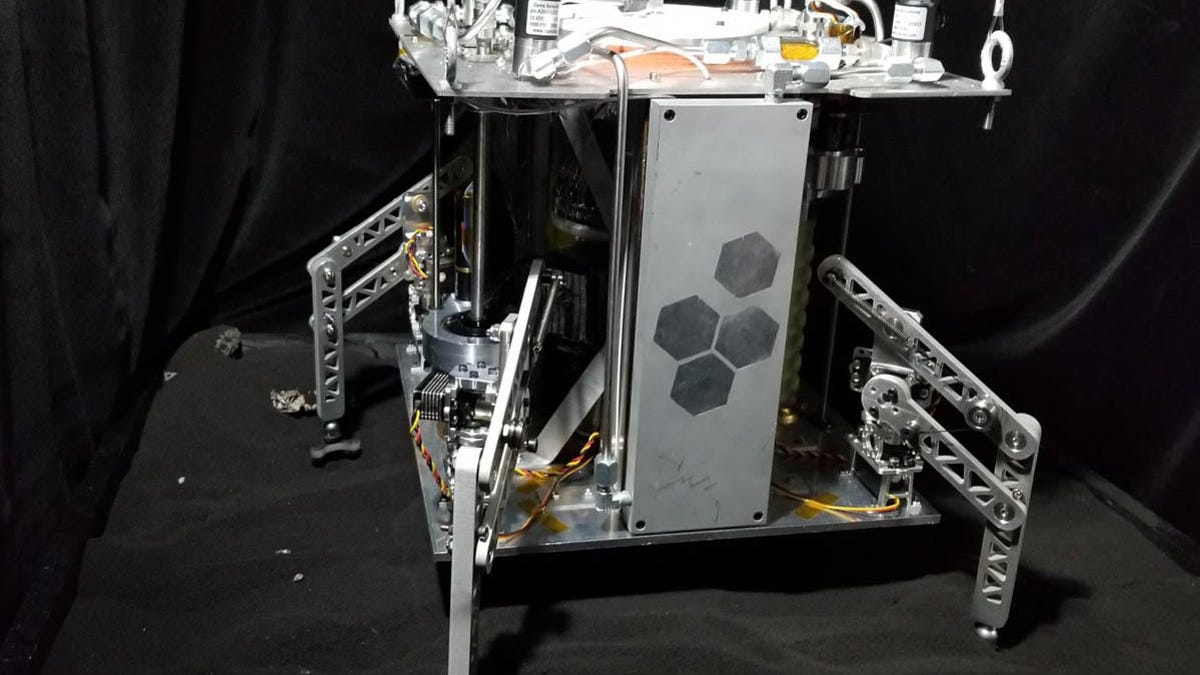Steam-powered spacecraft backed by NASA could explore asteroids
The spacecraft would hop between asteroids and mine them for water.
Steam trains. Steam engines. And now, steam spacecraft?
A new spacecraft prototype could mean a future with asteroid explorers that use steam propulsion to hop from one space rock to another without running out of fuel.
The World is Not Enough (WINE) prototype was developed by University of Central Florida planetary scientist Phil Metzger and Honeybee Robotics. The spacecraft is designed to mine water from asteroids.
Honeybee created a prototype and tested it out using simulated asteroid dirt. Kris Zacny, vice president at Honeybee, shared a video of a WINE test on Dec. 31, showing the prototype taking off in a vacuum.
We demonstrated prototype of WINE (the World Is Not Enough) spacecraft in vacuum. WINE extracts water from asteroids and uses it for steam propulsion. Thanks @DrPhiltill for asteroid simulant, doing all simulations, and being an awesome PI and thanks to @NASA SBIR for funding it! pic.twitter.com/vrFB8WhEGt
— Kris Zacny (@kriszacny) December 31, 2018
"WINE successfully mined the soil, made rocket propellant and launched itself on a jet of steam extracted from the simulant," Metzger says. He also says the innovation could be used anywhere there is water and low enough gravity, which could include space places like Pluto or Jupiter's moon Europa.
Honeybee calls the technology the Spider Water Extraction System and says it can "drill into tough icy and mineral composites that can be as hard as concrete." The project is part of NASA's Small Business Innovation Research program.
WINE could combine power sources for a mission by using solar panels to get through its mining operations and then steam to hop to new locations.
Some famous missions have ended when the spacecraft has run out of fuel, including the asteroid-belt-exploring Dawn in 2018.
"WINE was designed to never run out of propellant so exploration will be less expensive," Metzger says. "It also allows us to explore in a shorter amount of time, since we don't have to wait for years as a new spacecraft travels from Earth each time."
The WINE team is now looking for partners to help develop the microwave-sized spacecraft.
NASA turns 60: The space agency has taken humanity farther than anyone else, and it has plans to go further.
Taking It to Extremes: Mix insane situations -- erupting volcanoes, nuclear meltdowns, 30-foot waves -- with everyday tech. Here's what happens.


